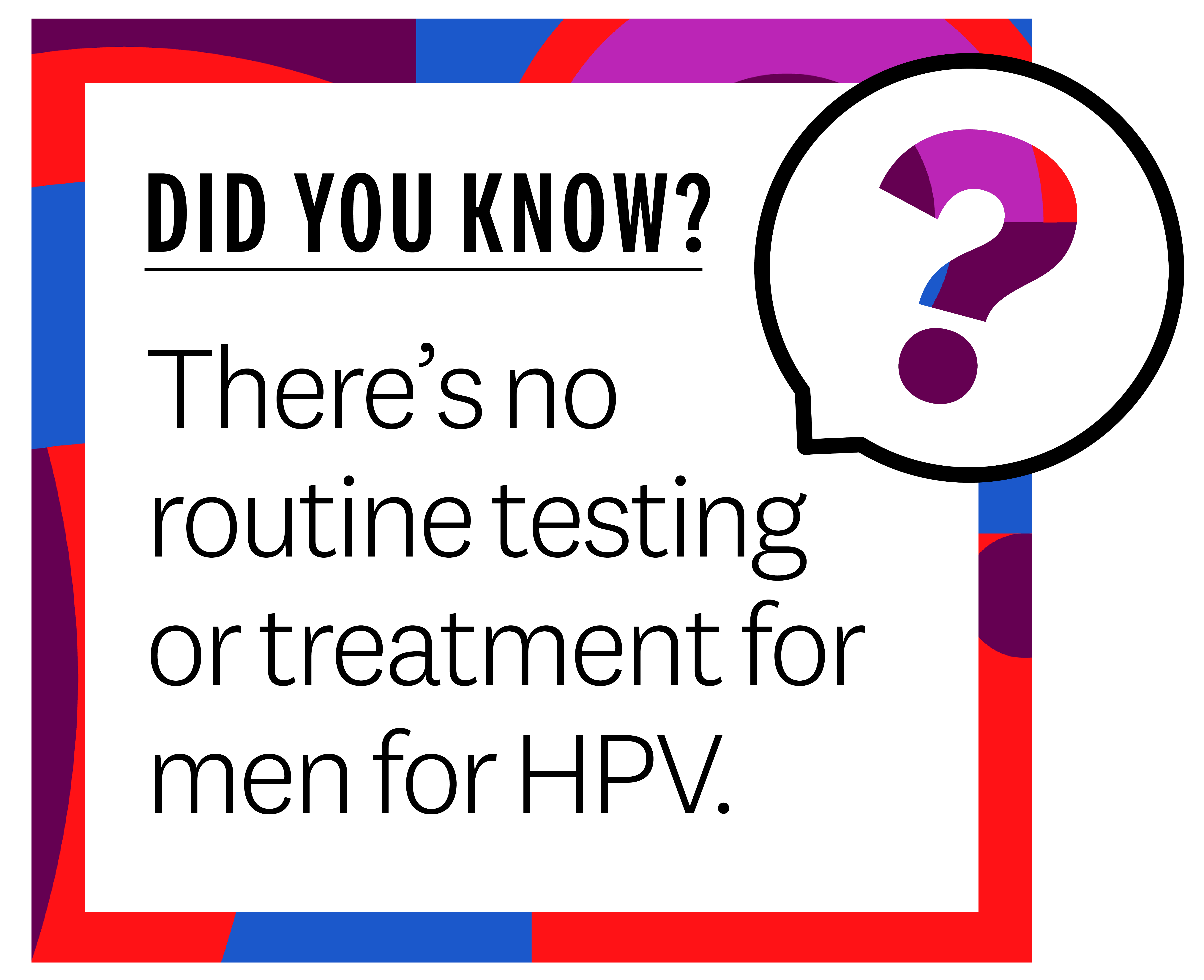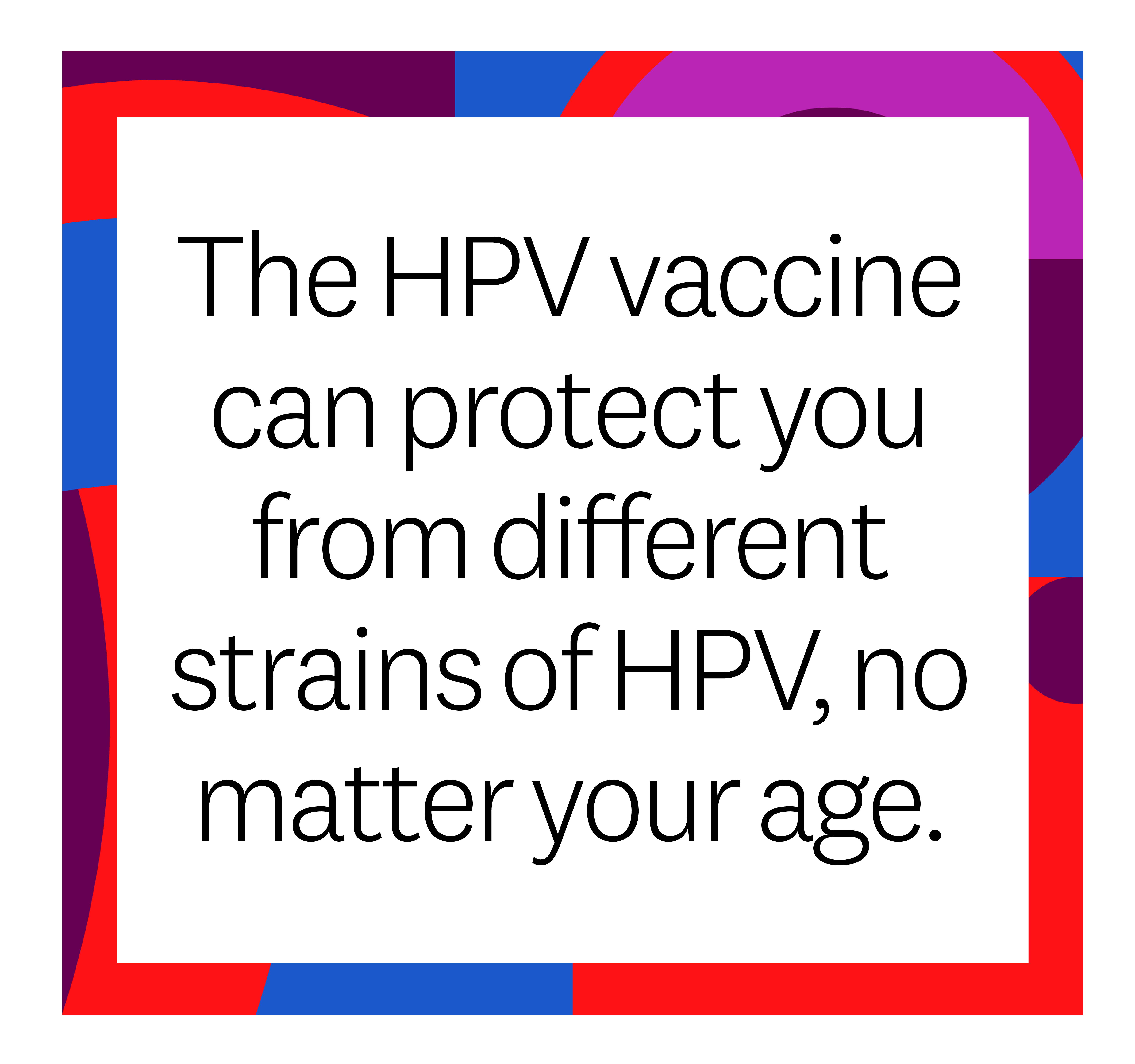Yes, You Can Have Sex After That Abnormal Pap Smear
 .ex is not totally off limits if you’ve gotten back abnormal results from a Pap smear. But there’s a lot to unpack here in your question. The first important thing to understand is that a routine Pap smear can be “abnormal” for a variety of reasons other than an STI. And even if you received a diagnosis of HPV, you can likely still engage in sexual activity. HPV is incredibly common and often clears up on its own.
.ex is not totally off limits if you’ve gotten back abnormal results from a Pap smear. But there’s a lot to unpack here in your question. The first important thing to understand is that a routine Pap smear can be “abnormal” for a variety of reasons other than an STI. And even if you received a diagnosis of HPV, you can likely still engage in sexual activity. HPV is incredibly common and often clears up on its own.
An abnormal Pap, or an HPV diagnosis, does not mean you have to cut yourself off from sex completely. That wouldn’t be realistic, would it? What’s important is that you continue to use protection during sex, and that you understand these facts and myths about abnormal Pap smears and HPV in general.
First, there are a few reasons that a Pap can come back funky.
A Pap smear tests for abnormal cells in the cervix. So, broadly speaking, an abnormal Pap smear means that the cells swabbed from the cervix look anything other than normal under a microscope. The most common reason for this result is an HPV infection. But it might also come back abnormal due to another vaginal infection, like yeast or bacterial vaginosis, both of which are easily treated.
 .
.
Other reasons for an abnormal Pap smear include inflammation, where the tissue of the cervix is inflamed for no detectable reason, and irritation, where the cervix is irritated, possibly from friction during sex (which is pretty common). Other changes that can happen within the cervix cells (for reasons we don’t totally understand) can also cause a “false alarm.”
Depending on your age, your health provider may just have you come back down the line to do another Pap test (watchful waiting). Even during this waiting period, there’s really no reason to stop being sexually active simply due to an abnormal Pap.
 Tenney Espy/Amrita Marino
Tenney Espy/Amrita Marino
Even if you do have HPV, you don’t need to stop having sex.
At this point you might be thinking, but isn’t it just plain thoughtless to have sex with an STI diagnosis?! The thing is, HPV is ridiculously common—so it’s not the most useful or realistic advice to say that you shouldn’t continue having sex. At least 80 percent of sexually active adults get HPV in their lifetime, according to the CDC. Getting it is the norm and not the exception.
You are most likely to be infected with HPV in your late teens or 20s, when statistically, people are having the most sex with the most partners. If you’re under 30, it’s likely the HPV infection will go away on its own, as most of these infections do in this age group.
So as for sex? Carry on as usual, if you want. Meaning: If you’re in a monogamous partnership, you can have sex as you normally would, even if that means without a condom. To be honest, your partner likely already has the strain that you have, and the infections will probably clear up eventually. If you have multiple partners,use protection during sex to minimize the spread of the virus.
 .
.
Using condoms, either external or internal, is the only way to reduce the spread of HPV to a partner. But note that the virus is spread from genital skin to skin—so with an external condom that covers a penis but not all the skin around the genitals, you’re never 100 percent protected from HPV. Internal condoms that cover the labia may provide extra protection, because they cover more skin (though, still, not all).
There are no hard and fast guidelines about whether you have to disclose your HPV status to a sexual partner.
Since HPV is so incredibly common, we don’t want to stigmatize it further by forcing people to share the fact that they’re HPV-positive. It’s also worth pointing out that if you share with a partner that you have HPV, they need to understand that there’s a decent chance they have the same strain as you.
 .
.
But sometimes, more conversation about STIs is what helps erase stigma. Plus, it can just be a good exercise in open, honest dialogue about your sexual health with partners if you do choose to share it. But the choice is really yours to make. If you’re over 30 (and they are, too), there’s arguably more reason to talk to your partners about your HPV status so they can discuss precancerous screenings with their doctor.
It’s important to remember that a positive test doesn’t mean you did anything wrong—you just caught an infection. Think about it: You can wash your hands all the time, and avoid your coughing co-workers, and you can still get sick anyway.
The bottom line: An abnormal Pap smear or HPV diagnosis should not prevent you from having sex.

Source: Read Full Article



